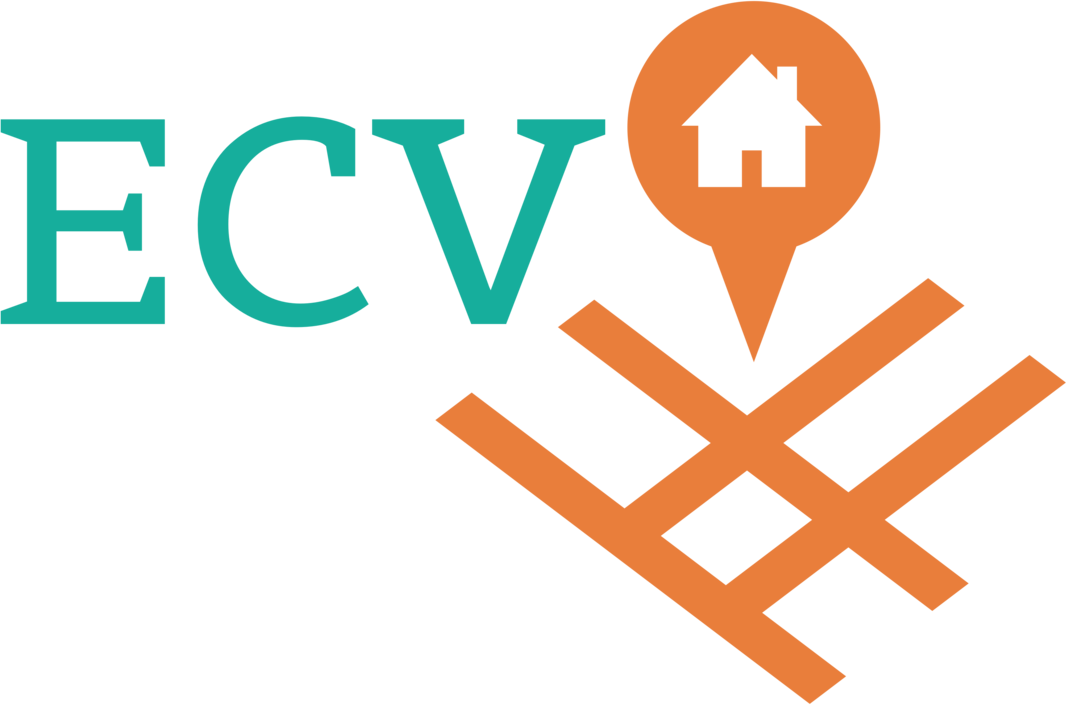Using Active Listening to Understand Patient Needs
Not listening is a very difficult thing to restore once it is lost.
- David Augsburger
To provide the best possible care for an individual, caregivers must understand what that person needs and wants. By paying close attention to what the person is saying, and responding in a way that shows you are hearing them, caregivers can build better relationships with those they are caring for and learn what makes them happy and comfortable. It plays a role in creating a supportive environment for those who need care. When applied to others, it can improve your relationships personally and professionally.
For a patient, it's frustrating when talking to someone that is not paying attention. All patients have inherent needs, and when an individual is attempting to communicate but is unable to get their message/needs can cause individuals to have maladaptive behaviors. It changes the way that your patient sees and trusts you. For a Direct Support Professional (DSP), active listening can save lives in crises; every minute spent not listening to your client talk is a minute that could have given you information about their condition, symptoms, and the way they feel.
It also plays a crucial role when explaining the situation to the doctor when they have an accident and not just this; the way you interact with coworkers, family, and friends is also affected by it.
You may think you are not part of this group, but: do you listen when people speak to you, or do you just hear them?
Active Listening is crucial to relationships and communication. It is a way to show someone that you are interested in what they have to say and can be helpful in difficult conversations. It takes practice, but it’s worth the effort. Start by making a conscious effort to pay attention to the speaker. Be aware of your reactions and make an effort to show the speaker that you are listening.
How to use Active Listening as a Caregiver
One of the most important skills of a DSP (Direct Support Individual) is good communication with individuals and other team members; listening is the key, yet it is not an easy thing to master. Listening becomes difficult when more people and interests are added to the table.
You may think Active Listening is just paying close attention to every word that a person says, but it can be more than that; it means listening actively to a person's behavior and other forms of communication (VERBAL OR NON VERBAL CUES).
A DSP must develop and maintains these two skills to take good care of people and communicate effectively with team members:
Work or programming staff
Regional center staff
Administrators
Family members and neighbors of individuals
Co-workers
Licensing staff
Conflict Resolution by Communication
DSPs, are trained to communicate, but it has to be taken into account that people disagree, and conflicts arise. Like the planning team may not agree on the goal of an individual, or parents may disagree with the services given to the individual. So the DSP must know how to resolve conflicts professionally and effectively.
The DSP can make the individual (supported by them) confident by teaching or inculcating various skills like making decisions, managing personal conflicts, or solving problems.
A DSP has to see things in his view and the points of view of different people around him.
Separate the person from the problem, try to agree, find answers that are in favor of both people, and keep in mind the interests and goals of each person.
Improving Your Active Listening Skills
When it comes to communication; there are a few key factors that are essential for success:
Of these, paying attention is perhaps the most important. When actively listening to someone, you show that person you are interested in what they have to say. By giving the individual your full attention, you demonstrate that their thoughts and feelings are being listened to; this is particularly important in a work setting.
To build strong relationships. It’s essential to be an effective speaker. Colleagues and clients will appreciate your attentiveness, and it will help create a positive working environment.
Indicate that you respect their opinion and want to work together to find a solution and resolve conflicts. If you understand the other person’s perspective, you can find common ground and start a relationship. You may also be able to diffuse the situation more quickly.
You can start using non-verbal cues to show the speaker that you understand what they are saying. Remember that your nonverbal reactions can indicate that you value their opinion and want to understand them better.
We strongly recommend caregivers look for resources to improve their listening skills and implement these changes in their daily basics to achieve their communication goals.

